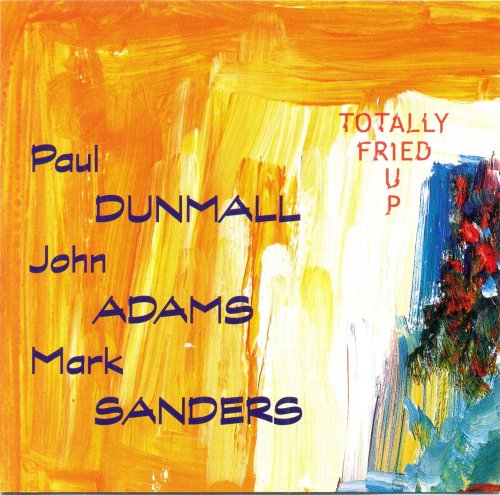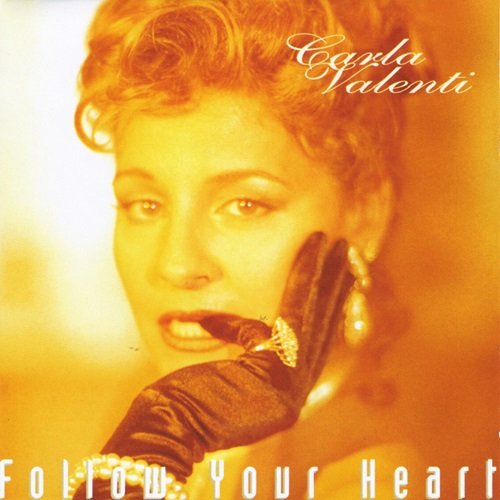Vladimir Spivakov, Moscow Virtuosi – Vivaldi: The Four Seasons & Other Concertos (2001)
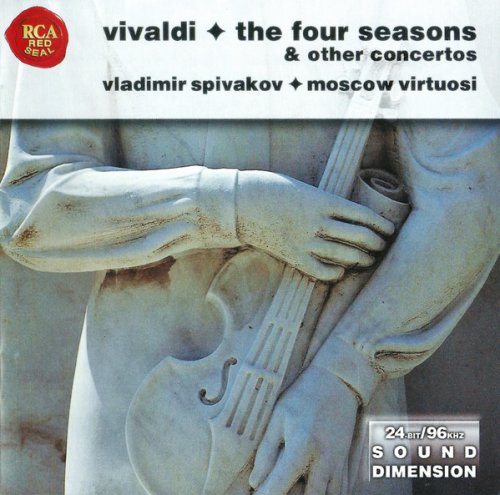
Artist: Vladimir Spivakov, Moscow Virtuosi
Title: Vivaldi: The Four Seasons & Other Concertos
Year Of Release: 2001
Label: RCA Red Seal
Genre: Classical
Quality: FLAC (image+.cue,log,scans)
Total Time: 01:07:03
Total Size: 397 Mb
WebSite: Album Preview
Tracklist: Title: Vivaldi: The Four Seasons & Other Concertos
Year Of Release: 2001
Label: RCA Red Seal
Genre: Classical
Quality: FLAC (image+.cue,log,scans)
Total Time: 01:07:03
Total Size: 397 Mb
WebSite: Album Preview
01. La Primavera. Concerto No. 1 RV 269 In E Major: Allegro
02. La Primavera. Concerto No. 1 RV 269 In E Major: Largo E Pianissimo Sempre
03. La Primavera. Concerto No. 1 RV 269 In E Major: Allegro
04. L'Estate. Concerto No. 2 RV 315 In G Minor: Allegro Non Molto
05. L'Estate. Concerto No. 2 RV 315 In G Minor: Adagio - Presto
06. L'Estate. Concerto No. 2 RV 315 In G Minor: Presto
07. L'Autunno. Concerto No. 3 RV 293 In F Major: Allegro
08. L'Autunno. Concerto No. 3 RV 293 In F Major: Adagio Molto
09. L'Autunno. Concerto No. 3 RV 293 In F Major: Allegro
10. L'Inverno. Concerto No. 4 RV 297 In F Minor: Allegro Non Molto
11. L'Inverno. Concerto No. 4 RV 297 In F Minor: Largo
12. L'Inverno. Concerto No. 4 RV 297 In F Minor: Allegro
13. Concerto RV 158 In A Major: Allegro Molto
14. Concerto RV 158 In A Major: Andante Molto
15. Concerto RV 158 In A Major: Allegro
16. Concerto Grosso RV 565 In D Minor: Allegro
17. Concerto Grosso RV 565 In D Minor: Largo E Spiccato
18. Concerto Grosso RV 565 In D Minor: Allegro
19. Concerto RV 535 In D Minor: Largo - Allegro
20. Concerto RV 535 In D Minor: Largo
21. Concerto RV 535 In Minor: Allegro Molto
Performers:
Cello – Mikhail Milman (tracks: 16 to 18)
Conductor – Vladimir Spivakov
Oboe – Alexei Utkin (tracks: 19 to 21), Mikhail Evstigneev (tracks: 19 to 21)
Orchestra – Moscow Virtuosi
Producer [Series], Concept By [Reissue Concept] – Niels Höirup
Violin – Arkady Futer (tracks: 16 to 18), Vladimir Spivakov (tracks: 1 to 12, 16 to 18)
What is unique here is not the arrival of three 'year-books' at once, but to find that they have all been compiled by east Europeans. All are of course played on modern instruments, but that does not distinguish them from most others already on the market. Maksymiuk and the Polish Chamber Orchestra are nicely responsive to the programmatic elements in the music, delivering it with commendable economy of vibrato and weight of sound. The recording dates from 1980 and the sound of the digital remastering is delightfully clean, but the balance of the recording favours the inner strings. Vivaldi might have been pleased by what this does for his springtime dog, but elsewhere it tends to focus the ear on lines that should be subsidiary, sometimes at the expense of those of the soloist. Furthermore, on today's open market, awash with middle-of-the-road versions of The Four Seasons, a 40-minute disc is only likely to attract customers (even at medium-price) if its contents are of outstanding quality; such is not quite the case here. This point has clearly been taken by the other two companies, for both add further items to enhance the playing time, albeit with different degrees of perspicacity.
Suk's recording of the Vivaldi was made in 1975 and, though he plays with fine control and sweetness of tone, the overall effect is of blandness. The ripieno strings are nicely hushed in ''Autumn''/II but when given their head they often sound too beefy by half. The Double Violin Concerto of Bach makes a strange coupling that is unlikely to appeal to the builder of a well-ordered collection. Though recorded later (1982) the performance still has an old-fashioned air over it, and the heavy-handed chording at bar 40 et seq. (1'19'') administers the kiss of death to the leadenfooted last movement. The annotation, devoted to Vivaldi, does not even mention Bach's name!
Remembering the turgidness of his Cirrus accounts of the violin concertos of Bach (12/87), I approached Spivakov's disc with some trepi- dation but it proved to be misplaced (I should also have remembered how well Russians respond to elements of fantasy and story-telling!). This is, in short, one of the most vividly portrayed, sharply etched and finely nuanced versions of The Four Seasons in the middle-of-the-road category. Spivakov, phrasing with the utmost flexibility, produces sounds that range from the most gentle and attenuated to controlled ferocity, and in his capacity as director he also draws forth these qualities from the 24 Moscow Virtuosi. Unlike Jakowicz and Suk, he adds some modest decoration to the slow movements, though in fairness it must be said that his recording postdates theirs by a least a decade. The 'fillers' are well chosen; two more of Vivaldi's best, in which his creativity was in overdrive, and both are played no less compellingly than their more celebrated bedfellows. If La stravaganza, from which RV357 comes, had had the benefit of a more evocative title it might by now have had the many recordings that the level of its inspiration invites. If you lack a 'conventional' version of The Four Seasons, or are open to adding another fine one to your collection, you will not do better than this.'
Suk's recording of the Vivaldi was made in 1975 and, though he plays with fine control and sweetness of tone, the overall effect is of blandness. The ripieno strings are nicely hushed in ''Autumn''/II but when given their head they often sound too beefy by half. The Double Violin Concerto of Bach makes a strange coupling that is unlikely to appeal to the builder of a well-ordered collection. Though recorded later (1982) the performance still has an old-fashioned air over it, and the heavy-handed chording at bar 40 et seq. (1'19'') administers the kiss of death to the leadenfooted last movement. The annotation, devoted to Vivaldi, does not even mention Bach's name!
Remembering the turgidness of his Cirrus accounts of the violin concertos of Bach (12/87), I approached Spivakov's disc with some trepi- dation but it proved to be misplaced (I should also have remembered how well Russians respond to elements of fantasy and story-telling!). This is, in short, one of the most vividly portrayed, sharply etched and finely nuanced versions of The Four Seasons in the middle-of-the-road category. Spivakov, phrasing with the utmost flexibility, produces sounds that range from the most gentle and attenuated to controlled ferocity, and in his capacity as director he also draws forth these qualities from the 24 Moscow Virtuosi. Unlike Jakowicz and Suk, he adds some modest decoration to the slow movements, though in fairness it must be said that his recording postdates theirs by a least a decade. The 'fillers' are well chosen; two more of Vivaldi's best, in which his creativity was in overdrive, and both are played no less compellingly than their more celebrated bedfellows. If La stravaganza, from which RV357 comes, had had the benefit of a more evocative title it might by now have had the many recordings that the level of its inspiration invites. If you lack a 'conventional' version of The Four Seasons, or are open to adding another fine one to your collection, you will not do better than this.'
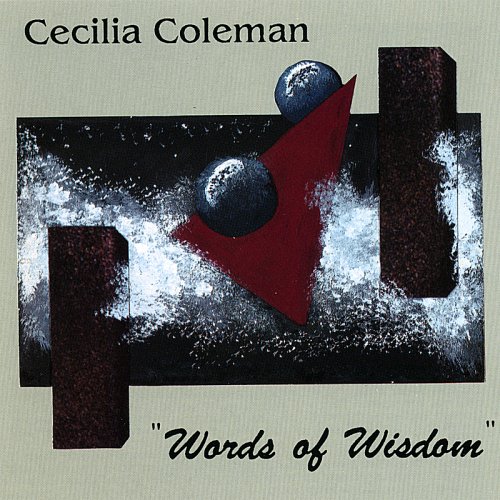

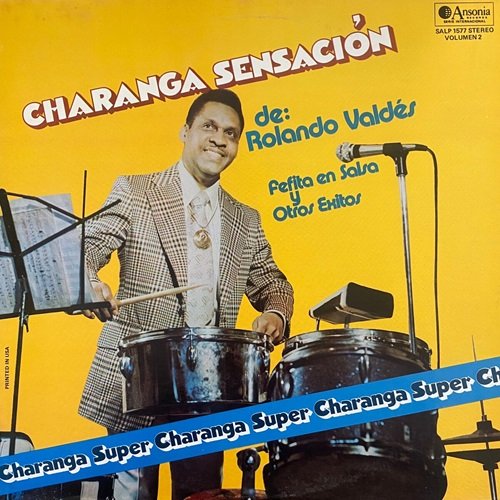
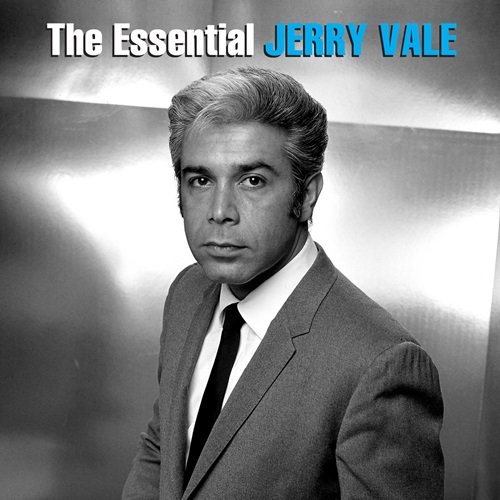
![Stefano Battaglia, Stefano Battaglia Standards Quartet - One Mile Away (2026) [Hi-Res] Stefano Battaglia, Stefano Battaglia Standards Quartet - One Mile Away (2026) [Hi-Res]](https://www.dibpic.com/uploads/posts/2026-03/1772346486_cover.jpg)
![The Cosmic Tones Research Trio - Live at Public Records (Live) (2026) [Hi-Res] The Cosmic Tones Research Trio - Live at Public Records (Live) (2026) [Hi-Res]](https://img.israbox.com/img/2026-03/04/485z12vap32l1wvonjqhl0gyw.jpg)
